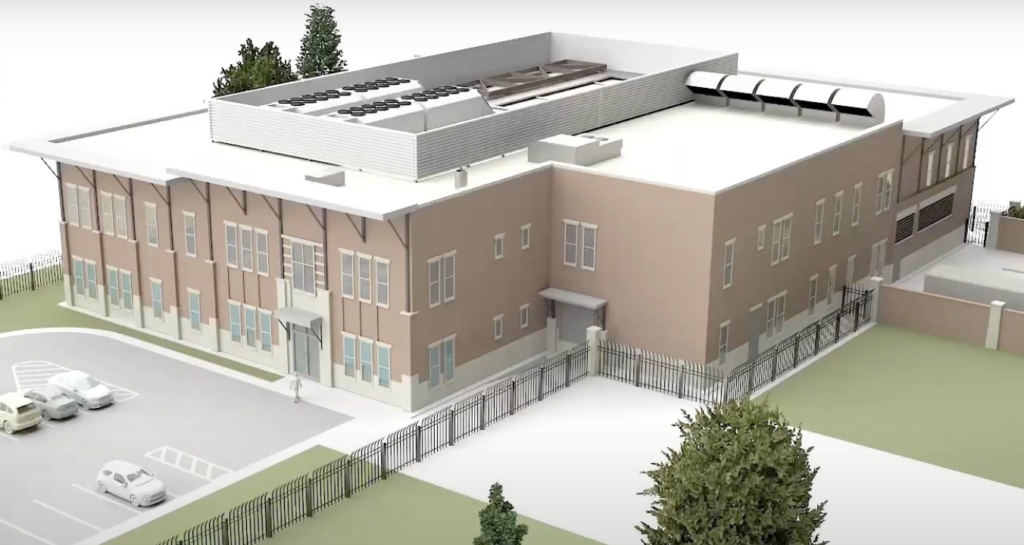There’s a huge win out there for any business that hosts its own IT hardware today, simply by adopting a cloud strategy with Data Holdings. You might say: “No way!” Well, here’s the reason why, and it’s a big one:
In the real world of business, application software is many times more expensive than the hardware needed to run it. Because the operationally high friction of running that hardware constrains the efficiency of the software, if the (relatively inexpensive) hardware you use isn’t able to match the potential of the (very expensive) software, much of the money you spent on software is wasted.
So, without that CapEx-constrained situation, where there are artificial limits on the number of internal and external customers they can serve with their business software, that exact same software can serve many more times the number of internal and external customers because it is running on much higher I/O, state-of-the-art hardware in a low-friction, fully managed environment, without major upgrade costs.
What really determines application performance is the I/O per second that the storage infrastructure is able to support. At Data Holdings we have built our cloud with this very thing in mind.
All of our production operations run on solid-state disk hardware that runs in excess of 100,000 operations per second. Traditional storage can only run several hundred operations per second. So, when an enterprise brings their applications to the Data Holdings cloud, not only do they get a significant uplift to their security and availability, but they get a huge and noticeable uplift in application performance.
Unlike in the Public Cloud, our cloud resources are also under-subscribed. This means that your applications won’t suffer from performance penalties for other users of the cloud resources, and your specific application performance is strictly deterministic.
A huge part of the appeal of adopting a cloud strategy, is that you’re getting rid of the recurring capital expense (CapEx) problems of updating hardware on a rigid budget cycle, sizing equipment and Internet bandwidth needs for peak demand, in addition to the significant but often overlooked cost of supporting that hardware and Internet in a high-pressure break/fix scenario.
By using Data Holdings’ hardware, the cost of IT operations becomes an operating expense (OpEx). We make sure all support system resources are up to date, in addition to providing a wealth of available of bandwidth, and using purpose-built, state-of-the-art enterprise-grade equipment to run your software applications that has very high I/O performance, all in an elastic environment.
Glossary:
• I/O: Input/Output, which in a compute environment means the effect of sending and receiving data.
• Storage: Computer components that are used to record and retain digital data.
• Deterministic: Factors that are determined by external causes and follow natural laws (where given a specific input, there is only one action that can result).
• Under-subscription: The amount of available resources exceeds the potential demand for those resources.
• Elasticity: The ability to seamlessly adapt to the demand of an application.
